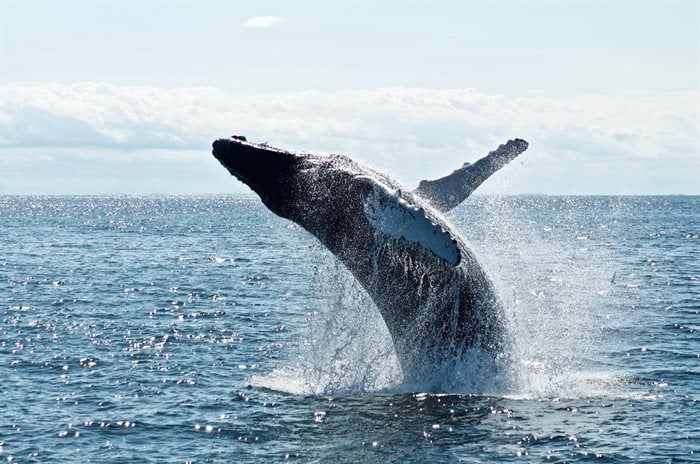
Related
Top stories






More news





Marketing & Media
Prisa's Bradley Howland: The importance of professional associations







Protest action has since swelled, with a petition by the Oceans Not Oil Coalition drawing over 270,000 signatures so far and counting. Environmental activists are also now calling for a public boycott of Shell petrol stations this December in order to "hit them where it hurts most".
.@Shell may be in its legal rights to seismically bomb South Africa's marine life, but that doesn't make it right – we need to continue to raise our voices and ask @environmentza and @BarbaraCreecy_ and @DMRE_ZA to pause this violent assault on our natural landscape #boycottshell
— Dr N. Brodie נחמה (@brodiegal) November 25, 2021
According to The Green Connection’s strategic lead Liziwe McDaid, “Shell has used a legal loophole, no environmental impact assessment was required in 2013. Now in 2021, this authorisation is being used to justify their actions. No meaningful public participation is needed, yet the seismic survey will have an impact on marine life and subsequently could impact the lives and livelihoods of the fisher communities who depend on the ocean’s resources.”
Shell's plan will impact impoverished communities hardest, by devastating fish populations in shallow ocean water and the Transkei and Eastern Cape rivers.
— Greenpeace Africa (@Greenpeaceafric) November 21, 2021
STOP Shell from Seismically Blasting the Wild Coast >> https://t.co/csNjxQ6dzb pic.twitter.com/d3hAOxXOmT
The Department of Forestry, Fisheries and the Environment has since noted concerns about the seismic surveys but has shifted responsibility to the Department of Mineral Resources and Energy, saying it is "not mandated to consider the application or to make a decision on the authorisation of the seismic survey".
"The impact of the seismic survey to be undertaken by Shell and Impact Africa has been authorised under the Mineral and Petroleum Resources Development Act 2002 (Act No. 28 of 2002), (MRPDA) which under section 39(2) of the Act requires the submission of an environmental management plan which is to assess and evaluate the environmental impacts of the activity. The minister of Minerals Resources and Energy is the minister responsible for the administration of the MPRDA."
The outrage against @Shell‘s assault on South Africa’s Wild Coast is growing. This video shows today’s protest in Chintsa East, Eastern Cape. No to harmful seismic testing!No to more fossil fuel developments! #savethewildcoast#oceansnotoil #ToHellWithShell pic.twitter.com/2TKQd6uJpT
— Extinction Rebellion Cape Town (@CtxRebellion) November 21, 2021
In a recently published article, Dr Judy Mann of the South African Association for Marine Biological Research (SAAMBR) said, "We have serious concerns about the risks of drilling for oil offshore of the Wild Coast, given that this region is influenced by one of the fastest-flowing and most powerful oceanic currents in the world – the Agulhas Current.
"The power of the current is such that attempts to contain any accidental spillage or normal operational spillage would likely be unsuccessful. We saw clear evidence of this when the plastic nurdles spilled in the Durban Harbour spread along the entire coast of KZN and the Eastern Cape within days of the disaster."
"It is our opinion that the best way forward for environmental sustainability and local job creation is to expand technology which makes use of renewable energy," said Dr Mann.